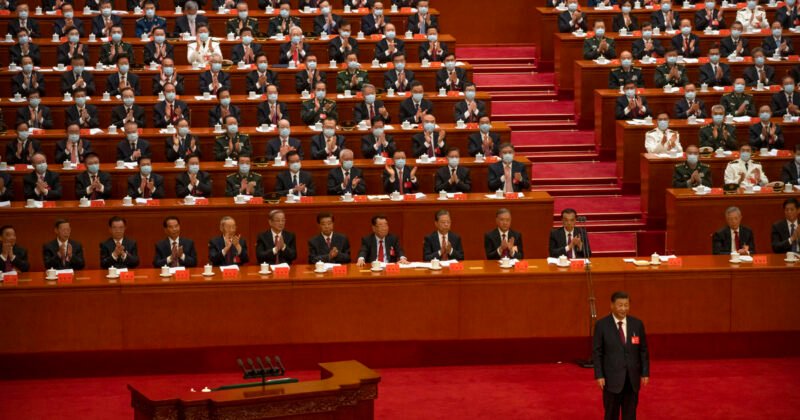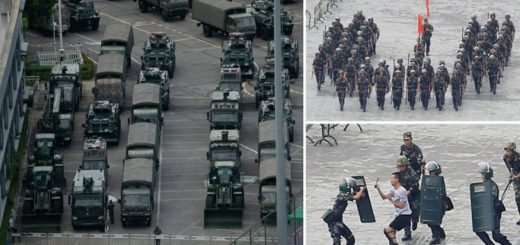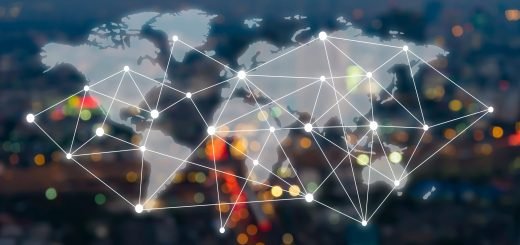What does Xi Jinping’s power consolidation mean for China?

The Congress of the Communist Party has given rise to many analyses and points of study. The comparisons follow one another.
But is Xi Jinping the new Mao? Some take this as a premise, others, are more respectful of history and facts. In international relations, the interesting thing is the fact, not the speculation. Xi Jinping is the president of China, an authoritarian regime, which thinks in terms of Maoist democracy, and the mission of Xi Jinping and his predecessors is to re-establish Chinese institutions.
To continue the policy of modernizing the country’s industry and military inherited from Deng Xiaoping. The means to achieve this institutional restoration are authoritarian means. Many say that servitude has been in the minds of the Chinese for centuries, taking the empires and the PRC. The Ukrainian conflict serves as a laboratory of international relations for China and its aspirations.
On top of that, the communist regime is taking advantage of this to reshape some of its opponents’ highly developed but not modern-proofed armies. The health policy has led to an increase in tension among the population. We can see banners on bridges and the like. But it is too much to say that the movement will grow. The Chinese president is working for the ‘renewal’ of China, de facto the revival of the Chinese people, and their power.
The aim of this congress was to re-elect Xi Jinping and to reassert the party’s authority over China.
China is also using the war in Ukraine as a laboratory for international relations. It is as if it is running a UN simulation of its action on Taiwan. Xi reminds us that China’s objective of recovering Taiwan is still valid and that force is a means envisaged, although if we follow the declarations of Wang Yi, Minister of Foreign Affairs, pacifism is one of the ways to observe.
Some experts try to analyze how Taiwan will be recovered by China. Once again, one must look at the facts and only at them. For the moment there are military exercises but no direct action on Taiwan. The French researcher in international relations of Asia Antoine BONDAZ confides in a documentary for the documentary channel “arte” that if we see the question of Taiwan as a local question, we are wrong. Because in the hypothesis of a military way of unification with Taiwan the conflict would quickly become global.
The Chinese regime is therefore at a turning point in its history and has a number of tasks. To consolidate its ideology, to continue its economic aspirations. Knowing that the bet between Xi Jinping and Vladimir Putin to create a new reference currency indexed on gold can in the long term destabilize the dollar, by extension, the West. On the other hand, in Asian affairs, China is trying to be a peacemaker. We addressed this issue during our analysis of the institution of South Korean President Yoon Seok-Yeol. By sending one of the regime’s most senior officials, Beijing is putting itself in the forefront of helping the two Koreas reach an understanding and negotiate. China is acting as an invisible intermediary that will enable the two Koreas to reach an agreement.
One thing is certain, President Xi Jinping is always two moves ahead in chess, so analysts must be very careful in their studies.



















